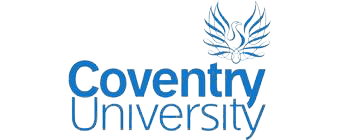Disaster impacts and conflict reduce or reverse economic growth, diminish household capacity and plunge an ever-increasing number of people into poverty. Despite all our efforts, inequality continues to increase, as does our global population’s vulnerability to disaster.
Take our virtual tour
Globally, more money is spent on disaster response and relief than on proactive risk reduction, despite more than 30 years of research and policy development which state the benefit of reducing risks before disaster strikes.
If you a looking to start your career in disaster management and humanitarian action, or currently work in a local or national government disaster management agency, an NGO or civil society organisation and need to further your career; this course could provide you with the advanced skills and knowledge you need.
Studied on campus or 100% online and learning from our team and alumni associates in disaster management, humanitarian assistance, capacity building and disaster risk reduction, this specialist master’s course encompasses up-to-date thinking in disaster theory, management policy, strategy and practice. The modules that comprise this course are specifically designed for those on the MSc Disaster Management and Resilience course.














